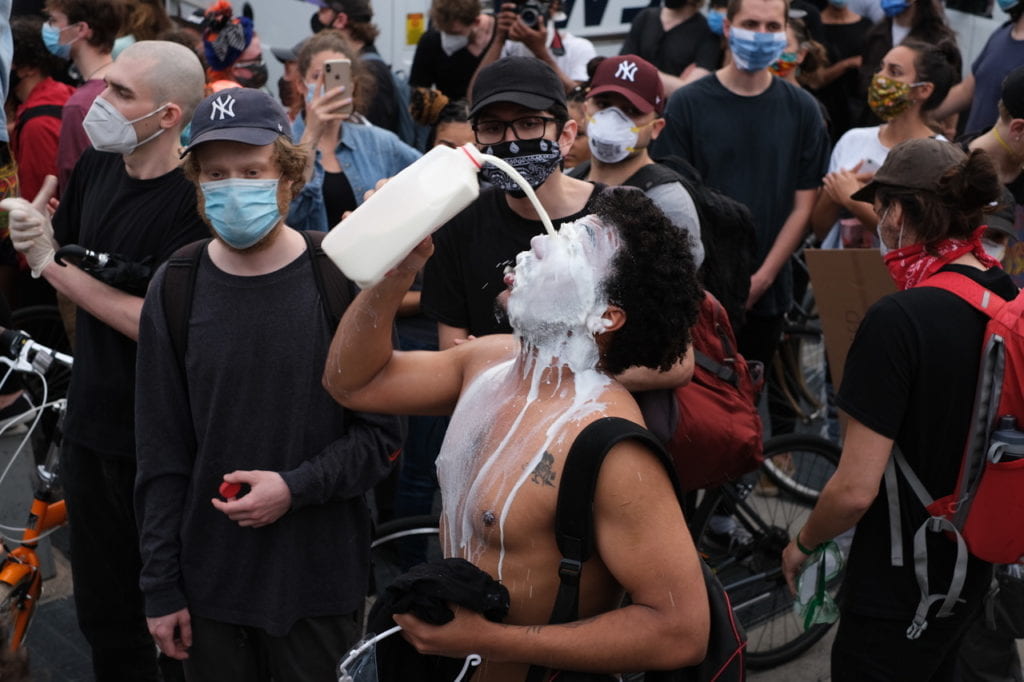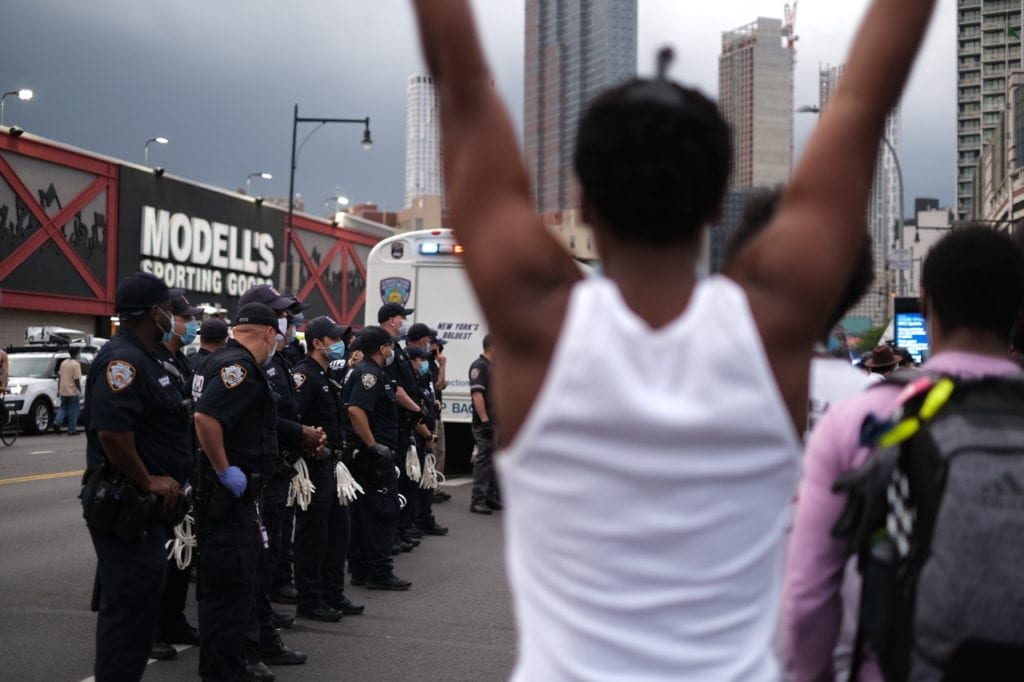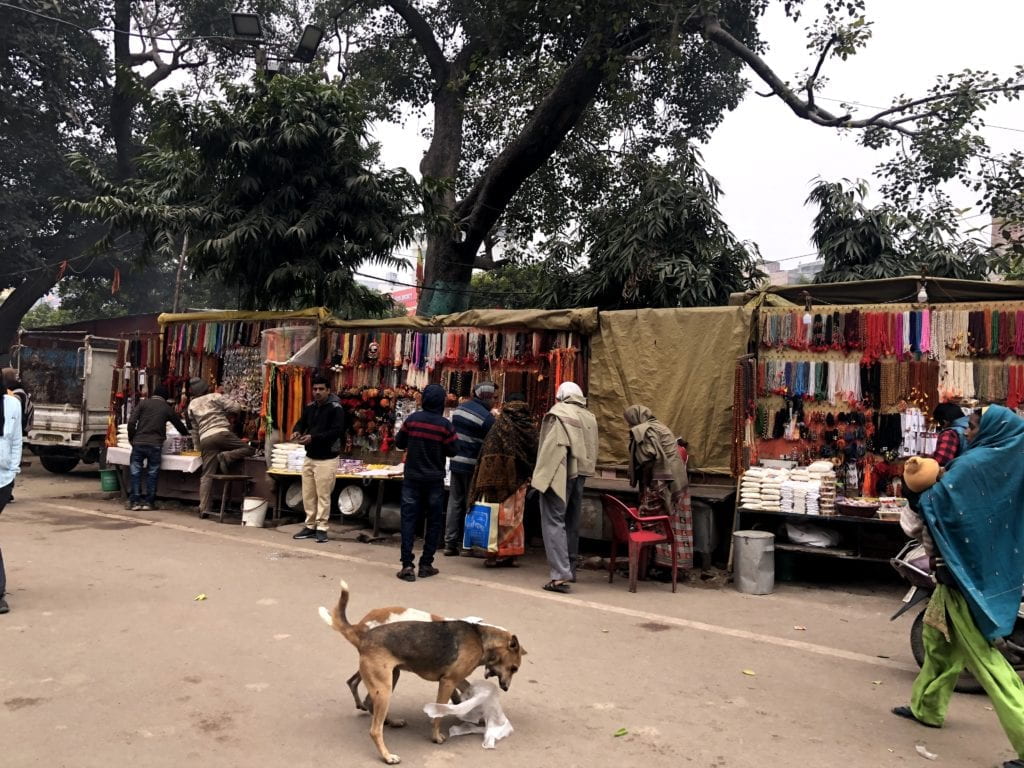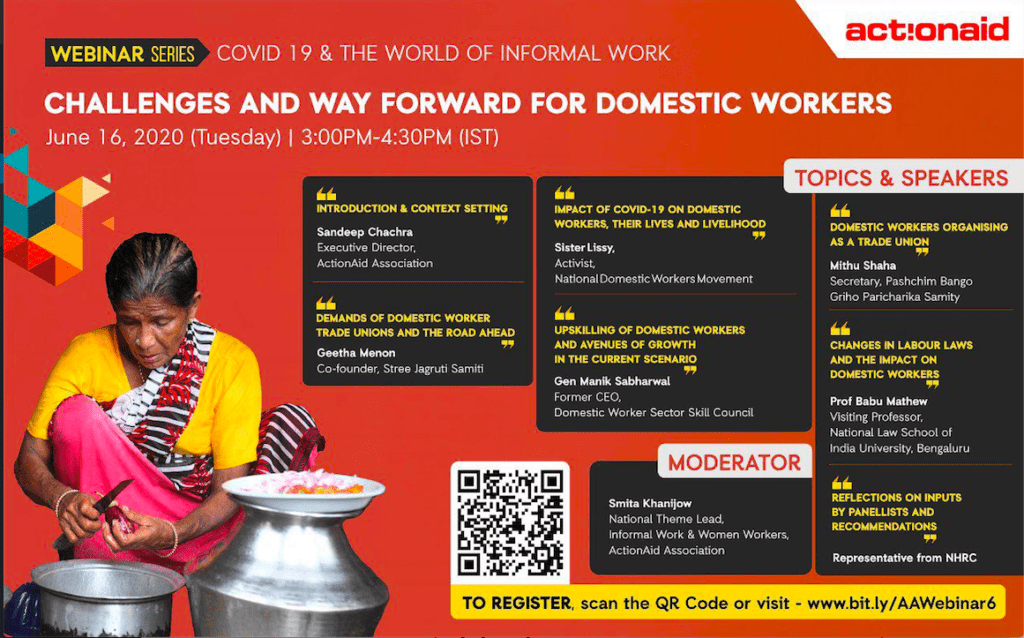Brian Ruiz (he/him/they/them) /
Radical Love Consciousness /
New York, USA /
My name is Brian Ruiz, and I am a senior at Gallatin concentrating in “Prison Abolition and Transformative Justice.” This summer, I will be organizing with Radical Love Consciousness (RLC). RLC is a self-funded grassroots collective that is both for the people and created by the people, specifically, Indigenous, Queer, Womxn, Black, and other marginalized groups in the city. They focus on the idea of radical love being a verb and revolutionary mindset that demands the liberation of all those who have been marginalized and oppressed.
RLC creates content through a set of popular learning sessions. RLC and I will be re-structuring sessions related to Prison Abolition and Transformative Justice for folx to engage with. This will be a space for my comrades and me to envision and work towards building a post-carceral world, community, and households. RLC imagines this post-carceral reality through the lens of Reindigenization, which involves a two-fold process. Firstly, it is the abandonment of ideals and systems established through colonization. Secondly, it is an evolution towards, and rememory of, ancient modes of knowledge and community.
Core elements of this class are theorizing, employing the arts, direct organizing, solidarity, accessibility, and long-term sustainability. With theorizing, we want to expand not just by reading and thinking about the experiences, stories, and theories of folx, but by sharing this information through audio recordings, PowerPoint slides, weekly book clubs, social media threads, and zines.
Employing the arts means understanding its role as a means of furthering resistance, liberation, and healing within the movement. Arts could be in the form of zines, dance, paintings, music, theater, ancestral rituals, and more. Organizing includes fundraisers, popular learning sessions, mutual aid, self-defense, and art showcases. Solidarity is our commitment to folx who are directly and indirectly affected by the carceral system, such as victims and survivors, community members, migrants, and the incarcerated and formerly incarcerated.
For accessibility, we ask how this work is accessible to people in regards to language, disability, level of education, gender inclusivity, class status, citizenship status, and more. Long-term sustainability focuses not just on the longevity and evolution of our movements and ideals but also on the investment in resources to cultivate the post-carceral world such as community gardens, communal healing circles, pot-lucks, conflict-resolution, and reparations, as well as employment and educational and service opportunities.



